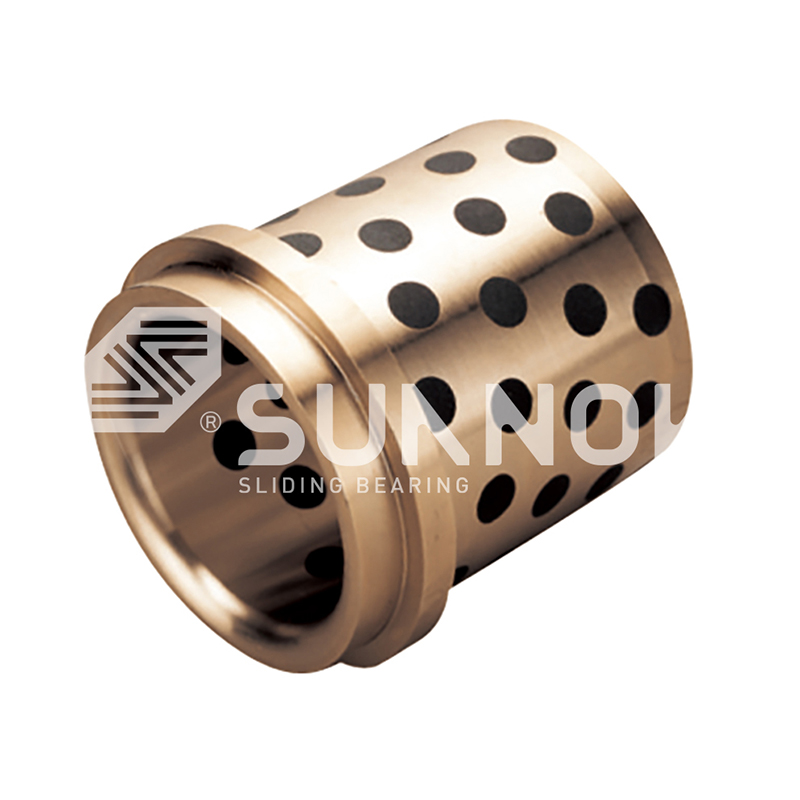-
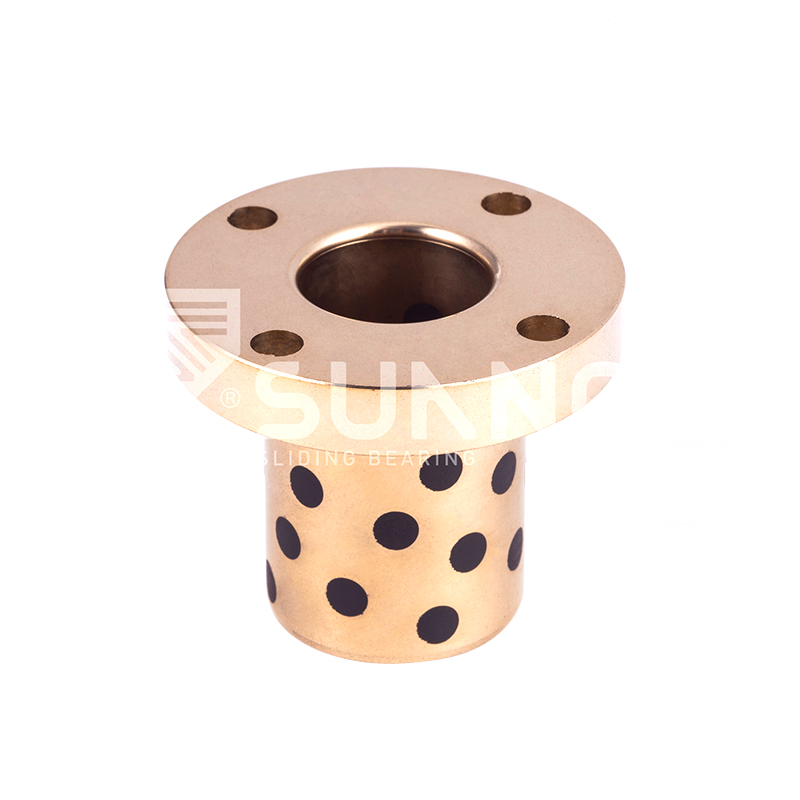 JDB Solid-lubricating Bearing JFB650 Metric Oil Free Self Lubricating Bronze Round Flanged Bearing
JDB Solid-lubricating Bearing JFB650 Metric Oil Free Self Lubricating Bronze Round Flanged Bearing -
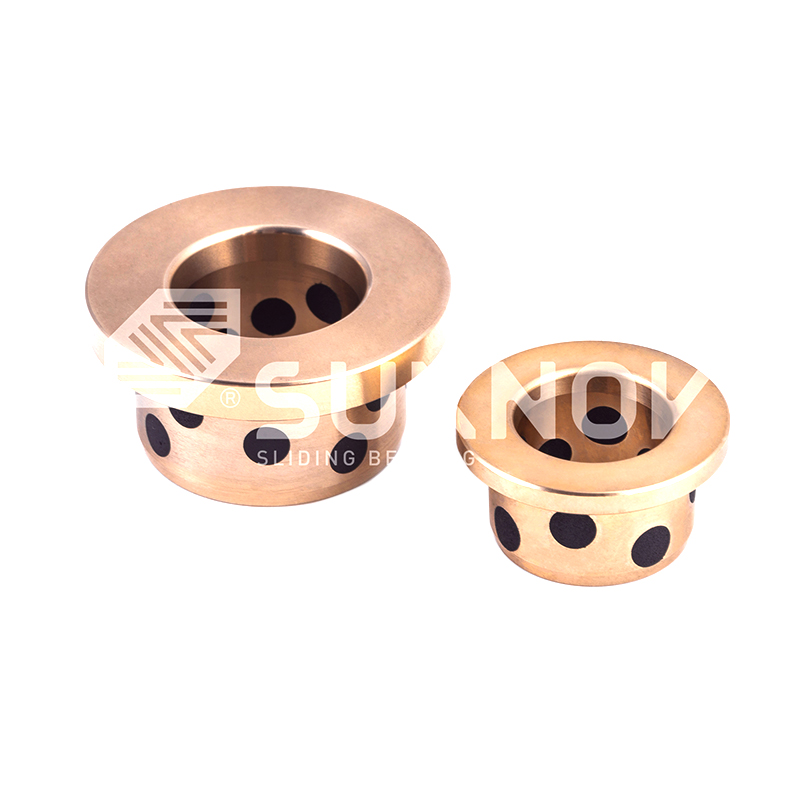 JDB Solid-lubricating Bearing GB71 NAAMS Flange Bushing Shoulder Type Standard Solid-lubricating Bearing
JDB Solid-lubricating Bearing GB71 NAAMS Flange Bushing Shoulder Type Standard Solid-lubricating Bearing -
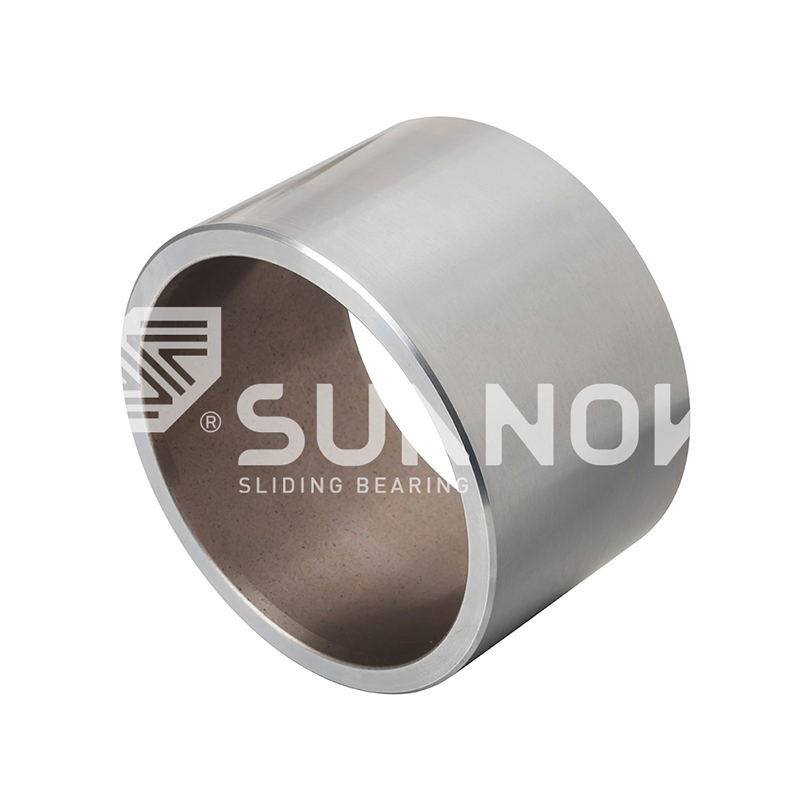 Oil-retaining Bimetallic Bearing 200#B Oil-Retaining Bimetallic Bearing (Steel Backing+Copper Sinter With Solid Lubricating Dispersed)
Oil-retaining Bimetallic Bearing 200#B Oil-Retaining Bimetallic Bearing (Steel Backing+Copper Sinter With Solid Lubricating Dispersed) -
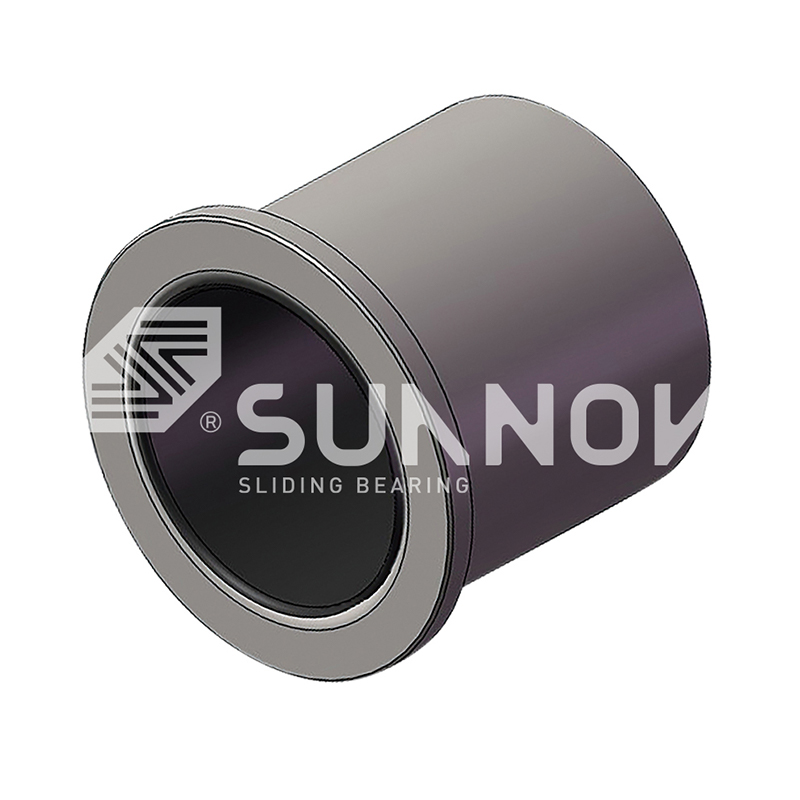 Oil-retaining Bimetallic Bearing Wear-Resistant Self-Lubricating Oil-Embedded 200#F Flanged Bearing
Oil-retaining Bimetallic Bearing Wear-Resistant Self-Lubricating Oil-Embedded 200#F Flanged Bearing -
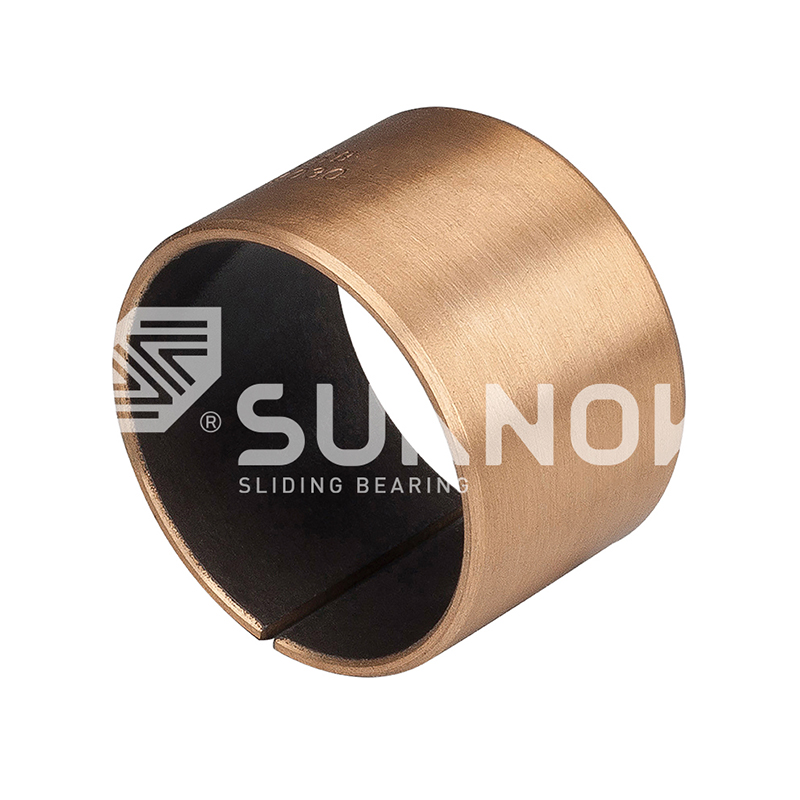
-
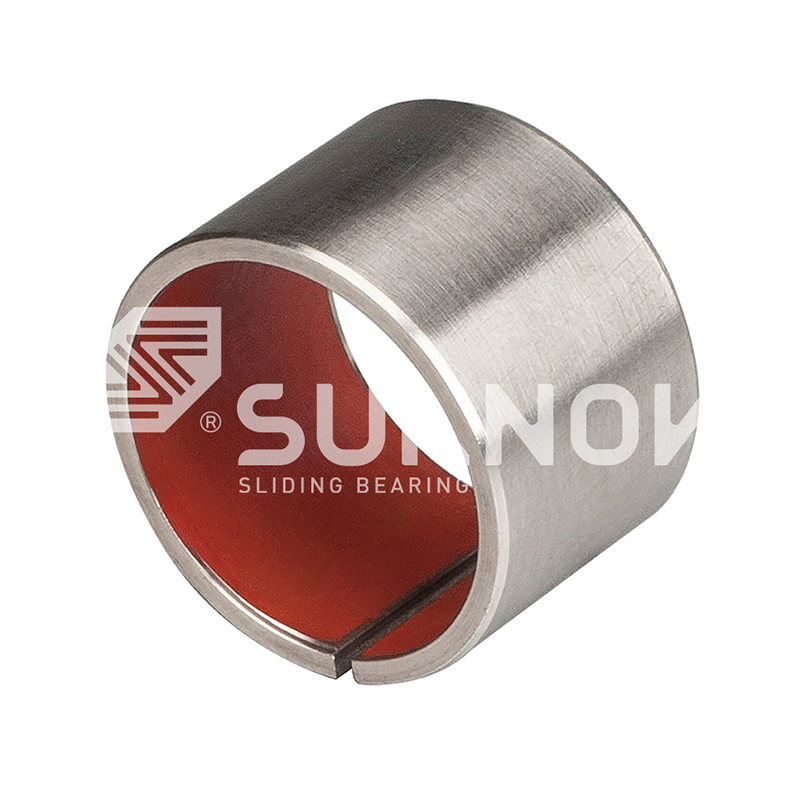
-
 SF-2 Boundary Lubricating Bearing SF-2Y Boundary Self-lubricating Bearing - Low Friction Dry Lubricant Bushings for Industrial Machinery
SF-2 Boundary Lubricating Bearing SF-2Y Boundary Self-lubricating Bearing - Low Friction Dry Lubricant Bushings for Industrial Machinery -
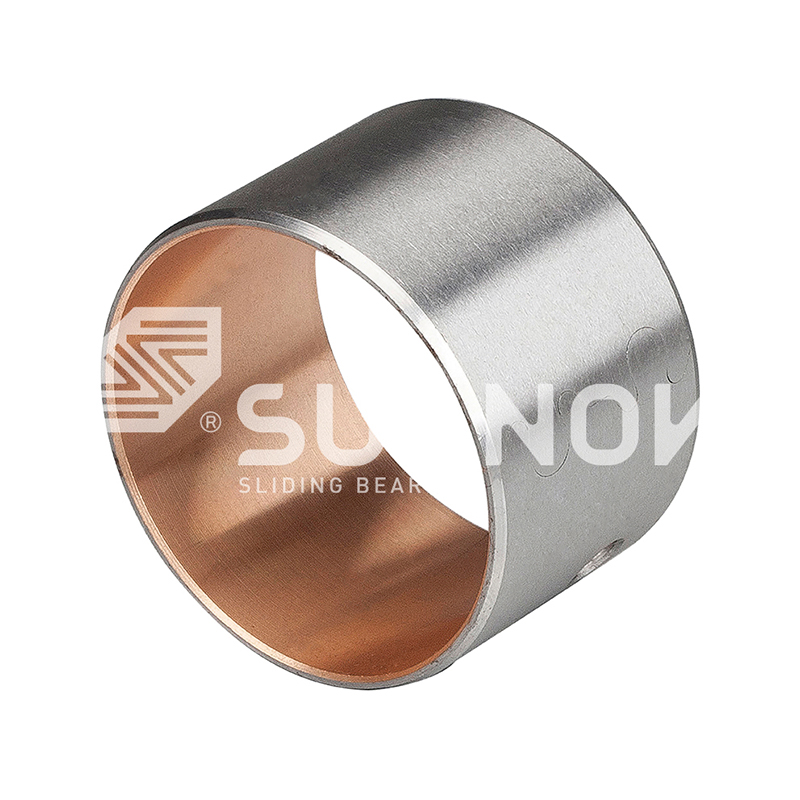 JF-800 Bi-metal Bearing JF-700 Bi-Metal Bearing Heavy Duty Self-Lubricating Sleeve Bushings
JF-800 Bi-metal Bearing JF-700 Bi-Metal Bearing Heavy Duty Self-Lubricating Sleeve Bushings
Choosing the Right Self-Lubricating Copper Alloy Bearing for Industrial Applications
Industry News-Introduction to Self-Lubricating Copper Alloy Bearings
What Are Self-Lubricating Copper Alloy Bearings?
Self-lubricating copper alloy bearings are engineered to reduce the need for external lubrication while maintaining excellent performance in a variety of industrial applications. These bearings combine copper alloy materials with self-lubricating properties, making them ideal for machinery where traditional lubricants are not feasible. The copper alloy provides superior wear resistance and corrosion resistance, which, when combined with self-lubricating materials, reduces friction and maintenance needs.
Benefits of Self-Lubricating Bearings in Industrial Environments
Self-lubricating bearings are widely used in industries ranging from automotive to heavy machinery. The combination of copper alloy materials and self-lubricating properties helps to reduce downtime, extend the lifespan of machinery, and improve operational efficiency. These bearings are particularly advantageous in harsh environments where high loads, extreme temperatures, and dust or contaminants are common.
- Reduced maintenance costs due to the absence of external lubrication needs
- Enhanced durability, particularly in high-load and high-temperature applications
- Improved performance in environments prone to contamination
Maintenance-Free With Collar Brass Din9834 Oilless Guide Bushing Bearing
Factors to Consider When Choosing Self-Lubricating Copper Alloy Bearings
Load Capacity and Durability
The load capacity of self-lubricating copper alloy bearings is a crucial factor when selecting the right bearing for your application. Bearings must be able to withstand both the static and dynamic loads they will be subjected to during operation. Copper alloys are known for their high resistance to wear and are highly suitable for applications where heavy loads are a concern. However, understanding the exact load specifications is key to selecting the right bearing.
- Consider the expected load levels and operational stress
- Check if the bearing design can handle shock loads
- Ensure that the bearing material has adequate resistance to wear under high stress
Operating Temperature and Environmental Conditions
Self-lubricating copper alloy bearings perform exceptionally well in high-temperature environments, where traditional lubricants would fail. The copper alloy material has excellent thermal conductivity, which helps dissipate heat generated by friction. However, it's essential to select the right bearing for your application's temperature range, as extreme heat can degrade some materials faster than others.
- Check the operating temperature limits of the bearing material
- Consider environmental factors such as humidity, dust, and chemicals that may affect bearing performance
- Opt for bearings with higher thermal conductivity for heat-sensitive applications
Maintenance Requirements and Longevity
One of the key advantages of self-lubricating copper alloy bearings is their low-maintenance nature. The self-lubricating properties reduce the need for periodic lubrication, saving both time and money on maintenance. However, it's still important to consider the overall longevity of the bearings based on your specific application. Some applications may require more frequent inspections, especially if operating under extreme conditions.
- Evaluate how often the bearings need to be replaced based on usage patterns
- Consider the cost-effectiveness of using self-lubricating bearings in the long term
- Ensure compatibility with existing machinery to minimize additional maintenance efforts
Types of Self-Lubricating Copper Alloy Bearings and Their Applications
Bearings for High-Load Industrial Machinery
For applications requiring high-load capacity, self-lubricating copper alloy bearings are ideal. These bearings are designed to handle heavy machinery and equipment, such as crushers, conveyors, and motors, without compromising performance. The combination of copper alloy's strength and the self-lubricating material ensures reliable operation even in the toughest environments.
- Ideal for mining and construction equipment
- Excellent for heavy-duty industrial machinery
- Minimizes wear in environments with high mechanical loads
Bearings for High-Temperature Environments
In industries where machinery operates in extreme heat, self-lubricating copper alloy bearings are essential. Their ability to withstand high temperatures without requiring external lubrication makes them perfect for applications in furnaces, engines, and other high-heat environments. These bearings ensure smooth performance without the breakdown of lubricants, reducing the risk of costly maintenance or downtime.
- Used in automotive and aerospace applications
- Common in furnace and heat exchanger systems
- Great for high-temperature industrial environments, such as metalworking
How to Select the Right Self-Lubricating Copper Alloy Bearing for Your Application
Evaluating Performance Needs
Before choosing a bearing, it's essential to evaluate the performance requirements of your specific application. Consider factors like load capacity, speed, and temperature range to determine which self-lubricating bearing will best meet your needs. Performance needs will directly influence bearing material selection, as some copper alloys are better suited for high-speed applications, while others excel in heavy-load or high-temperature environments.
Understanding the Compatibility of Materials
Not all copper alloys are suitable for every application. It's important to understand the compatibility of materials in your machinery. The self-lubricating properties of copper alloy bearings are enhanced by the inclusion of materials like graphite or PTFE, which help reduce friction. Choosing the right combination of these materials will ensure optimal performance and longevity in your application.
FAQ
What are the main advantages of self-lubricating copper alloy bearings?
The main advantages include reduced maintenance costs, increased durability in harsh conditions, and superior performance in high-load and high-temperature environments. These bearings also help to reduce downtime and extend the lifespan of machinery.
Can self-lubricating copper alloy bearings be used in high-temperature environments?
Yes, self-lubricating copper alloy bearings are well-suited for high-temperature applications. Their ability to function without external lubrication makes them ideal for environments where traditional lubricants may break down.
How do I choose the right self-lubricating copper alloy bearing for my application?
When choosing a self-lubricating bearing, consider the load capacity, operating temperature, and environmental factors. It's important to select a bearing material that aligns with the specific needs of your machinery, whether it's for high-load, high-speed, or high-temperature operations.
